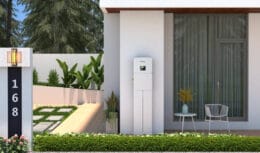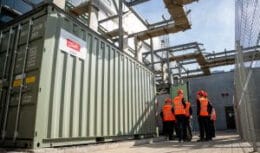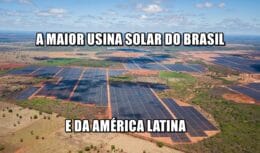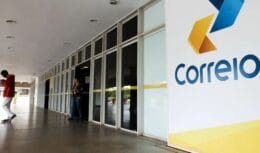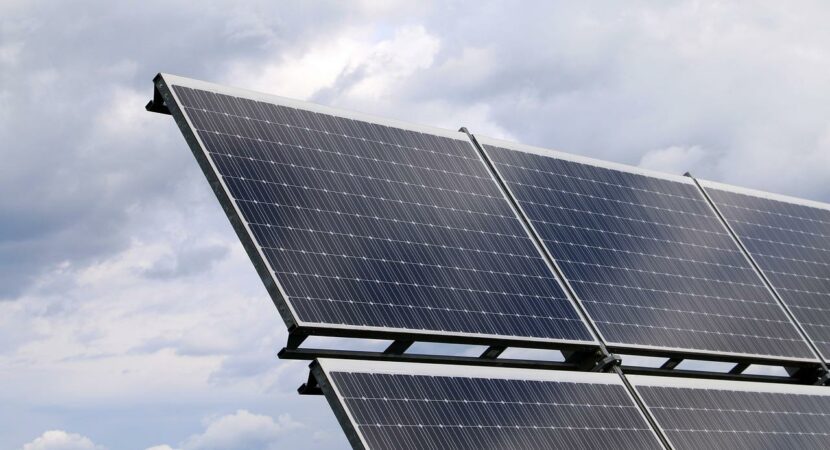
In early 2023, those interested in purchasing photovoltaic panels will need to pay a fee on the cost of the electricity grid
Expected to transpose into a new stage on the 7th of January 2023, the legal symbol of the energy Autonomous solar energy will have its rules changed for those who produce solar energy at home. Today, those who have photovoltaic solar energy systems placed in homes or commercial spaces have an immunity from charging fees, until 2045, which are for the specific use of solar energy systems for micro and mini clean energy generators.
Therefore, over the next 6 months, whoever purchases a new photovoltaic solar energy system will remain with the benefits given by Aneel (National Electric Energy Agency), of non-payment of fees. The transposition time was agreed by law 14.300/22, legitimized this year.
Thus, from the beginning of next year, new consumers of solar energy will need to pay a constant fee during the first years of use, a fee that will refer to the cost of the electricity grid. The initial percentage of the fee is 4,1% in relation to the energy produced, rising to 24,3% in 2028.
During the next six months, customers who have installed photovoltaic panels will be exempt from fees until 2045
According to Thyenna Karen, CMO of MF Energy, the main advantage for a customer who purchases photovoltaic panels to be recognized within the next six months is the guarantee, until the year 2045, of not receiving any fee charges. Thus, the waiting period for the expected financial regression after the implementation of a solar energy photovoltaic will be more extensive. “Nowadays, (that time) is three to four years, until it reaches a maximum of five. It will increase to six, seven, according to the taxation”, he details.
In Ceará, the leader explains that the request for the installation of solar panels is high in residential sectors, commercial sectors and in all segments, in addition to industries. According to data from Absolar (Brazilian Association of Photovoltaic Solar Energy), 76,6% of customers who consume solar energy in Brazil own residential properties. This sector has more than 1 million customers nationwide.
“Regarding solar energy in Ceará, as it is a state close to the equator, we have a wonderful solar factor for energy generation. We have many conditions for generating clean energy through solar panels and also through wind energy”, reports Thyenna.
Solar energy panels as an investment
With solar panels destined for homes starting at R$13.990, MF Energy has services that meet the main demands regarding the installation of photovoltaic panels. The company has a solid team of engineers who have a skilled workforce to operate in all stages of the work process, from installation to after-sales, with a mark of more than 900 customers served in Ceará alone.
Thus, until the 15th of this month, the company will also have kits of photovoltaic energy plates for homes at promotional prices. Also, as a result of the high dollar, the value of imports rose, leading to an increase in the values of numerous inputs, including photovoltaic energy panels.
“The customer can count on a structure for any type of assistance, because he is purchasing equipment that has up to 25 years of warranty. So, investment in physical structure and human capital has always been paramount for MF”, ends the manager, Thyenna Karen.

